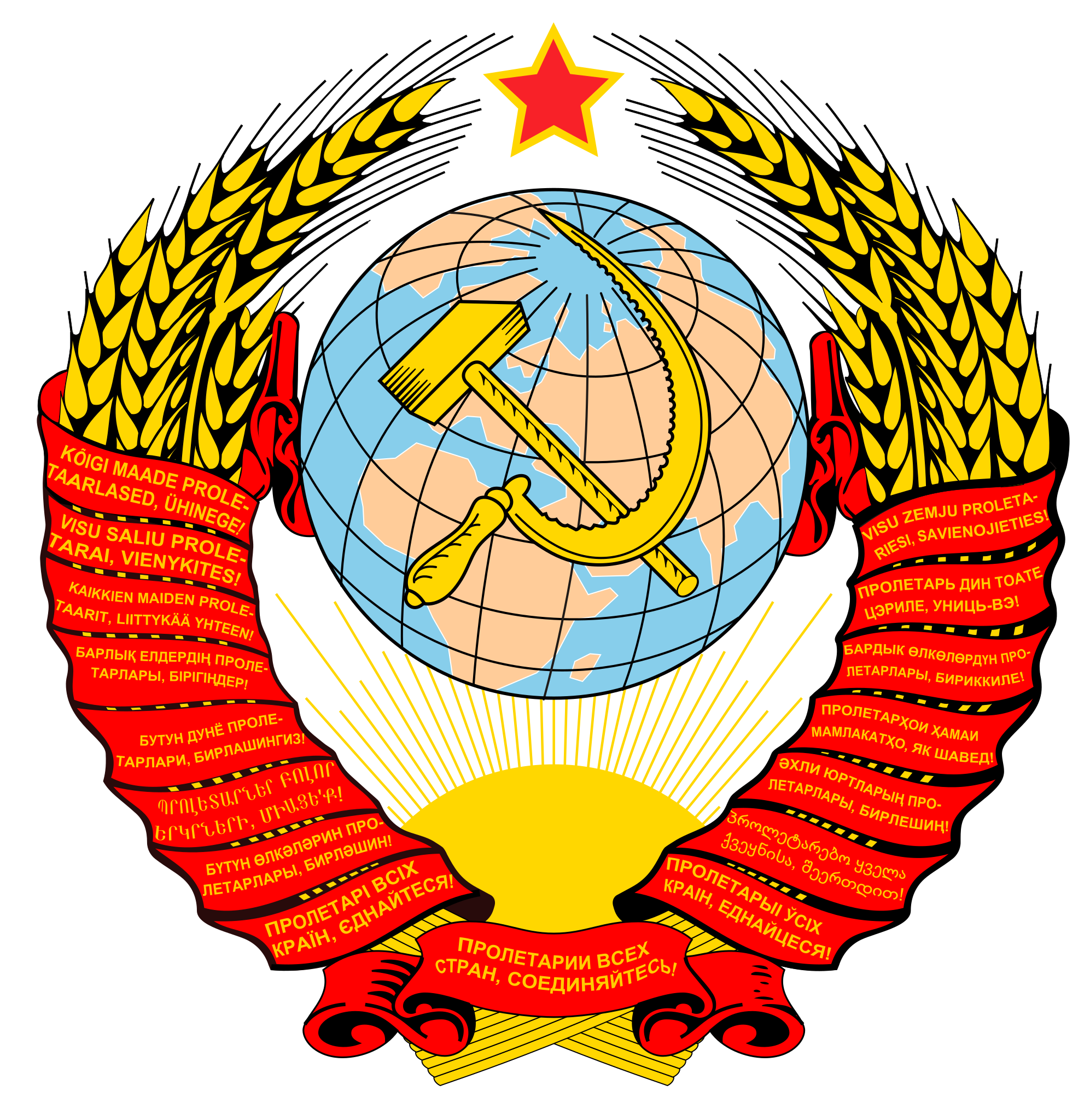- cross-posted to:
- indigenous@lemmygrad.ml
- cross-posted to:
- indigenous@lemmygrad.ml
After the revolution (or even before if possible), we should immediately create autonomous regions (ARs) based on the traditional territory of all native groups. This will include but not be limited to current reservations, even if those reservations are located outside of their traditional homeland (such as those in Oklahoma).
These ARs will be able to make their own laws that apply to everyone in their territory, including non-natives. They will have their own elected governments, control of their natural resources, and have their own official languages. The current US Congress will be abolished and replaced by a Council of the Union (elected based on population) and a Council of Nationalities. Both will have to approve all national laws by a majority vote. Large native nations will have 8 representatives, medium-sized ones will have 3, and small ones will have one. There will also be a large number of representatives for the New Afrikan and Chicano nations and a smaller number for other oppressed nationalities within the former USA such as Arabs and Asians.
All ARs will be able to declare independence by a majority vote from all adults of their native nation, including members living outside the AR or abroad. They will also be able to merge with other ARs if they choose to do so. Overseas colonies such as Guam, Hawaii, Puerto Rico, the Virgin Islands, and others will immediately become independent after the revolution (besides "American" Samoa which will go straight back to Samoa) and may choose to stay independent or join with each other or other countries.


This is all great and I have nothing against it, Europe can support 3x its current population, but we do agree that in a socialist world that we would have to control birthrates, right? Like a loose 2-child policy (where you can have more children in exchange for giving up certain privileges)
otherwise certain individuals just have more kids and then you get resource constrained and you're back at where you were before
Arguably Native Americans and certain other groups could be allowed a higher birthrate for a while in the name of biodiversity, but eventually it'd have to be capped off
Overpopulation is largely a myth, but I'm fine with having a 1 or 2-child policy for settlers. Natives, on the other hand, should not have this because their populations are so low right now. When China had the 1-child policy, it only applied to Han and not to ethnic minorities, who could have 2 children in cities and 3 in rural areas. Rural Han could also have 2 children instead of 1.
I agree so far. What are your thoughts on blood quantums btw? Most people don't like talking about this but I think there should absolutely be laws based on blood quantums for Native Americans, and the specific cutoffs should be based on what the current Native American population on reservations have in their ancestry fractions
I know that a ton of tribes today have a 25% rule, I think a few even have a 50% rule
I think people who can prove that they are descended from members of the tribe and are currently enrolled in the tribe and/or accepted as a member of that community should be counted as natives. That way you keep out whites who have 1% native ancestry or something but you won't discriminate against natives who don't meet blood quantum because of (likely forced) interbreeding with whites.
So basically you support blood quantum but not for people who are already enrolled? (and their descendants)
Of course you should need some indigenous ancestry to be considered native but there shouldn't be a specific percentage cutoff. It should instead be based on your involvement in the native community and whether they recognize you as a member of their nation.